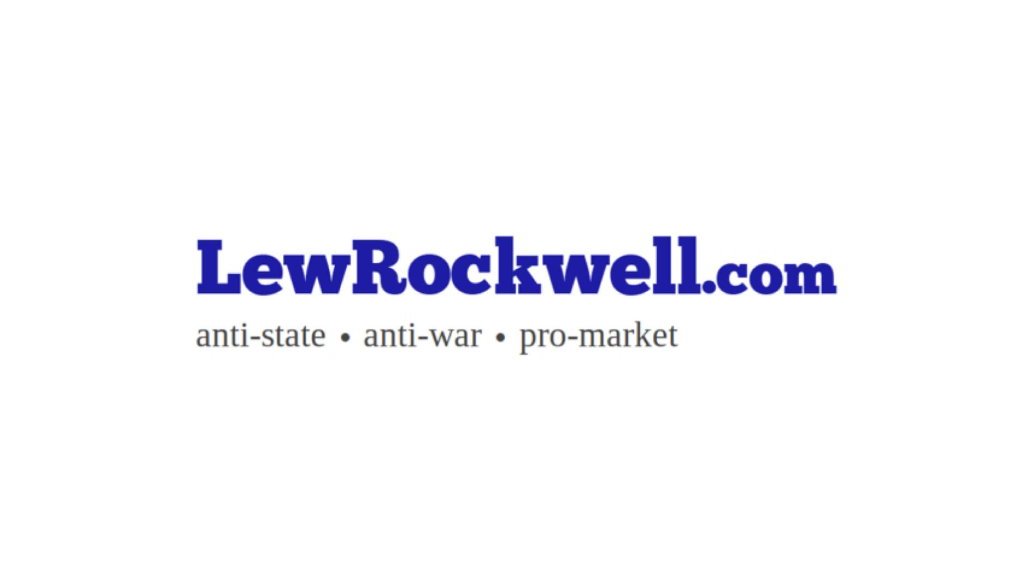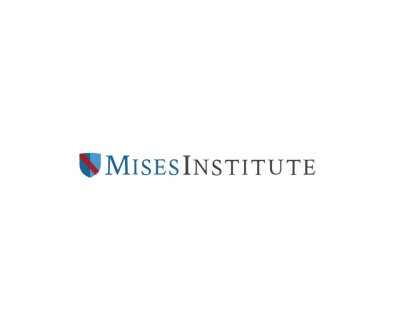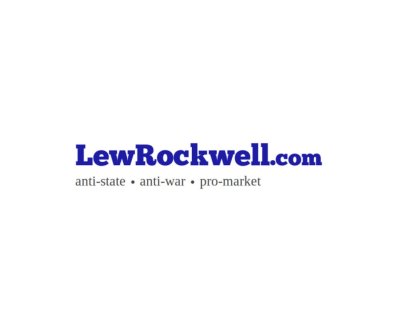The War on Iran Is Not Over
I don’t know why Iran agreed to the ceasefire, but it did. Iranian leaders, in my opinion, are frighteningly naive. Some apparently believe that they can achieve a legitimate negotiated deal with Donald Trump. I suggest the Ayatollah and IRGC commanders read Donald Trump’s Truth Social posting regarding Bibi Netanyahu (see image). Despite Trump’s temper tantrum on Monday — when he dropped the F-bomb complaining about the ignorance of Iran and Israel — he still has his lips firmly planted on Bibi’s backside and will likely look for a pretext to continue the war with Iran.
While there is no doubt that Israel inflicted some serious damage on Iran by killing scores of military leaders and nuclear scientists, Iran hit Israel far harder. Consider the following facts:
Israel has one international airport… Ben Gurion.
Iran has 29 international airports.
By closing Ben Gurion, Iran cut off Israel’s access to commercial air traffic. Israel hit at least three airports in Iran, but did not stop commercial air traffic to Iran.
How about seaports? Israel only has two ports that handle container ships — Haifa and Ashdod. Iran forced the closure of Haifa and was on its way to doing the same to Ashdod. Iran, by contrast, has eight principal ports on the Persian Gulf and the Gulf of Oman:
Port of Shahid Rajaee (Bandar Abbas complex)
Bandar Abbas (general shipping)
Chabahar (direct access to Indian Ocean)
Bandar Khomeini, Bandar Mahshahr, Bushehr, Parsian, Hormuz
None were forced to suspend operations.
If Iran had shuttered Ashdod, Israel would have faced the prospect of significant shortages of essential items, including
Article from LewRockwell

LewRockwell.com is a libertarian website that publishes articles, essays, and blog posts advocating for minimal government, free markets, and individual liberty. The site was founded by Lew Rockwell, an American libertarian political commentator, activist, and former congressional staffer. The website often features content that is critical of mainstream politics, state intervention, and foreign policy, among other topics. It is a platform frequently used to disseminate Austrian economics, a school of economic thought that is popular among some libertarians.




